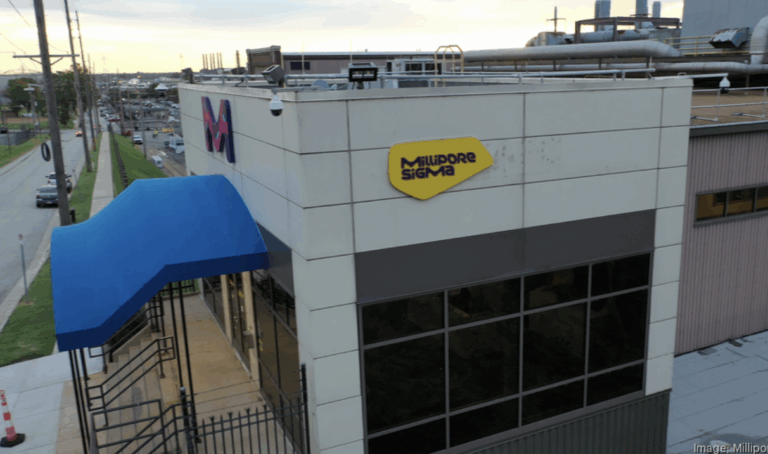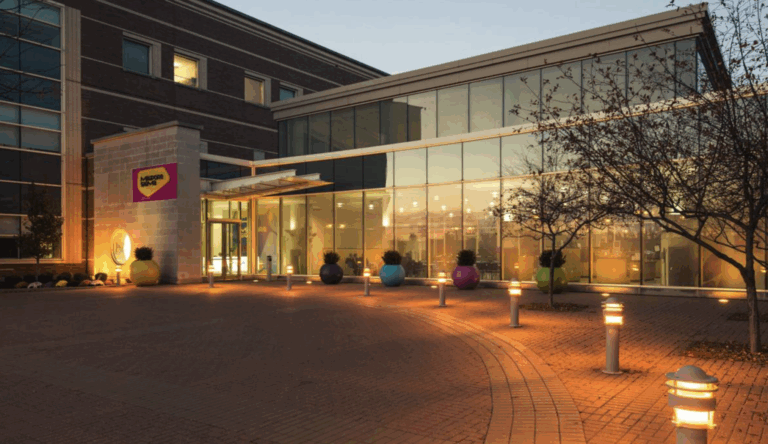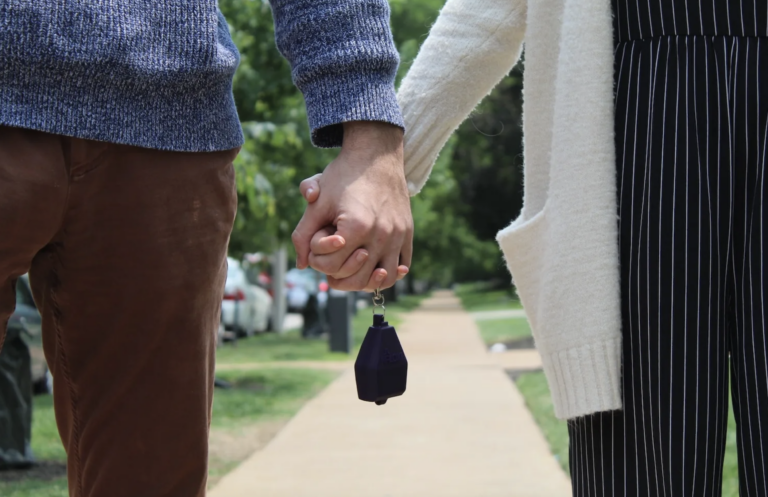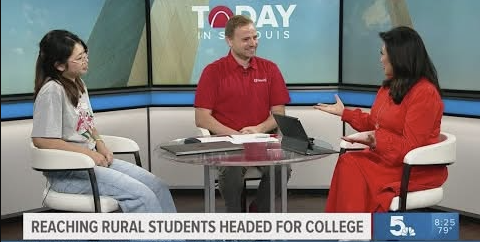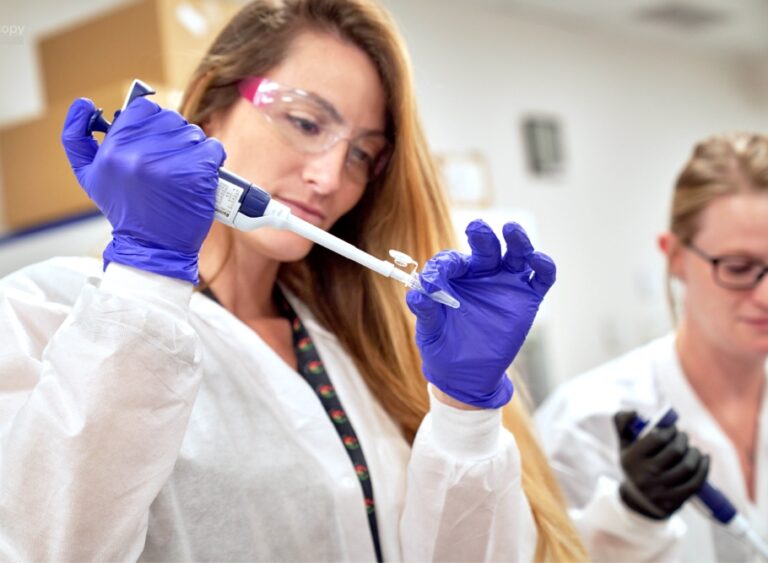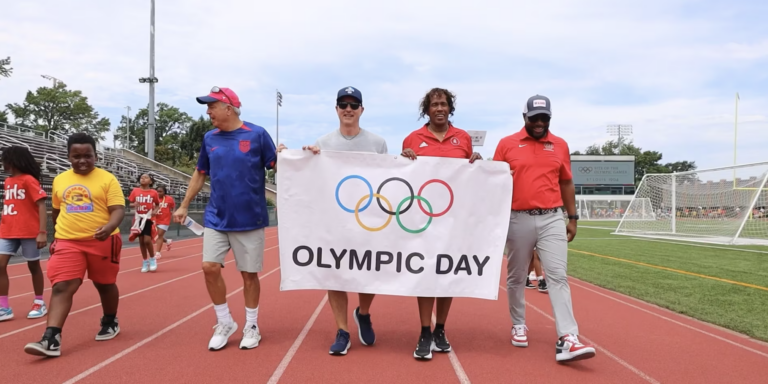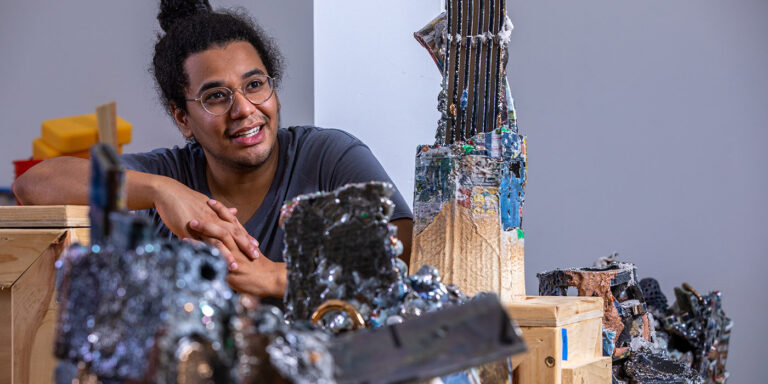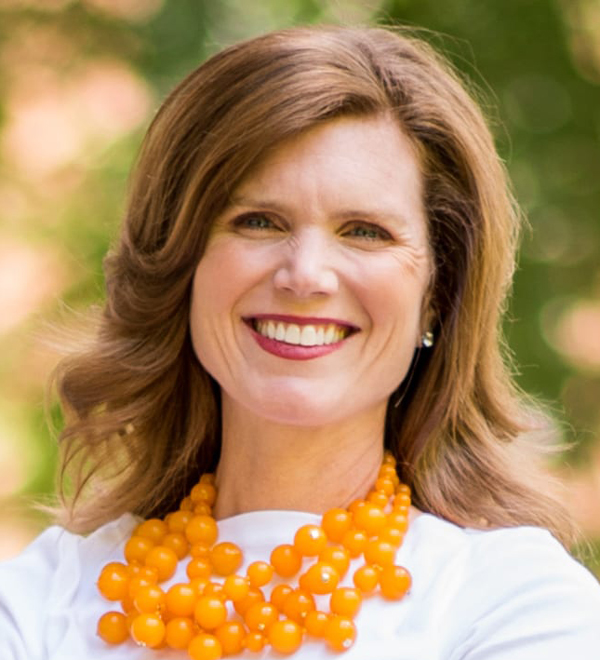WashU project to analyze environmental health of St. Louis neighborhoods impacted by tornado
In the months following the tornadoes that struck several St. Louis neighborhoods, Washington University researchers have been working alongside community partners to better understand the environmental health impacts facing residents. Through the Environmental Health Initiative, teams are conducting neighborhood walkthroughs, listening sessions, and field assessments to identify concerns such as mold, debris exposure, and air-quality […]
Life science giant MilliporeSigma deepens ties with WashU, to advance research and talent pipeline
MilliporeSigma has signed an agreement with Washington University to extend and expand their long-running collaboration on scientific research and commercialization. The company, which is the U.S. and Canadian life science business of Germany’s Merck KGaA, inked a nonbinding memorandum of understanding with WashU that builds on over 90 years of partnership between the two, officials said Thursday.
MilliporeSigma and WashU aim to build ‘R&D pipeline’ in St. Louis
Washington University and a leading biotech research company say they have united to further scientific research and innovation in St. Louis. Leaders of WashU and MilliporeSigma, the life sciences business of German science and technology company Merck KGaA, have signed a non-binding memorandum of understanding to “advance scientific collaboration,” according to a Thursday news release.
WashU grads aim to save lives—and build a St. Louis company
Fiancee founders and WashU grads Matthew Bitner-Glindzicz and Danielle Wilder have developed a product to help save lives. It’s called Nalox-1, and their company, nCase Tech, is all in on St. Louis.
Reaching rural students headed for college
Getting more rural kids to college has seen a big push here in St. Louis and at Washington University. WashU has pledged to ramp up its outreach to rural students.
3 Questions for WashU’s Ronné Turner
Ronné Turner, vice provost for undergraduate enrollment and student financial aid at Washington University in St. Louis, recently sat down for an interview with Inside Higher Ed. Ronné discussed the university’s WashU Pledge program, which offers eligible students from Missouri and southern Illinois a full scholarship. “It is our hope that no talented student, regardless of their family background, sees finances as a barrier to entry at WashU,” Turner said in the interview.
Local expertise makes St. Louis the place to be for startups in the health sector
Founders looking to innovate in the health sector are finding that St. Louis’ medical and academic prowess makes it a great place to grow their companies, with experts at local institutions including WashU who are generous with their time and willing to share their knowledge.
Olympians spend time with next generation during World Olympic and Paralympic Day at WashU
It’s been over a century since the city of St. Louis hosted some of the world’s best athletes for the Summer Olympic Games. On June 20, those fields used over 100 years ago played host to the next generation. Hundreds of kids from our area took a lap around the historic track at Francis Olympic Field at Washington University.
Meet three St. Louis artists who are reshaping Contemporary Art
A few months ago, The Jewish Light shared stories of some of the bright lights in the St. Louis arts community. Now, it has published a deeper spotlight on three artists whose brilliance illuminates not just St. Louis, but the international art world.
Meet the 2025 Most Influential Business Women Awards honorees
The St. Louis Business Journal has been honoring and celebrating women business leaders for more than 25 years through its Most Influential Business Women Awards program. With the help of past winners, the Business Journal reviewed 160 nominations to select the 2025 class of Most Influential Business Women. These 25 women are making an impact not only at the companies they work for and run, but at local nonprofits and organizations in the communities they serve. Several WashU staff and alums are being honored this year.

